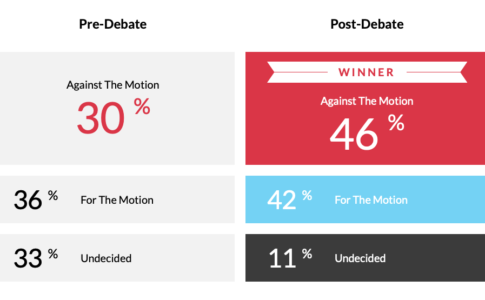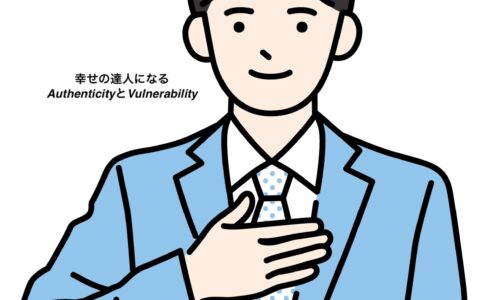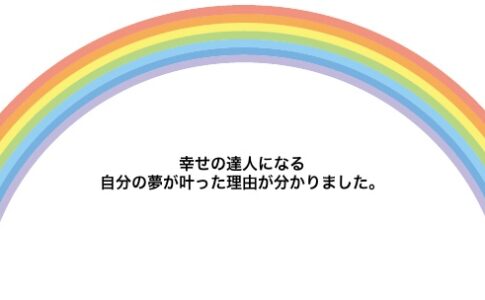コロナウィスルの影響で金融市場がかなり混乱していますが、2007-09のいわゆるリーマンショックの時の金融危機の時と状況はどう違うかを書いた記事です。長文になり、聴き慣れない単語もありますが訳してみます。
英文
The 2007-09 crisis came from within the financial system, whereas the virus is primarily a health emergency. Markets are usually spooked when there is uncertainty about the outlook six or 12 months out, even when things seem calm at the time—think of asset prices dropping in early 2008, long before most subprime mortgage borrowers defaulted.
Today, the time horizon is inverted: it is unclear what will happen in the next few weeks, but fairly certain that within six months the threat will have abated.
Instead of tottering Wall Street banks or defaults on Florida condos, two other risks loom. The first is a temporary cash crunch at a very broad range of companies around the world as quarantines force them to shut offices and factories. A crude “stress test” based on listed companies suggests that 10-15% of firms might face liquidity problems. Corporate-bond markets, which demand precise contractual terms and regular payments, are not good at bridging this kind of short but precarious gap.
In 2007-09 the authorities funnelled cash to the financial system by injecting capital into banks, guaranteeing their liabilities and stimulating bond markets. This time the challenge is to get cash to companies. This is easy in China, where most banks are state-controlled and do as they are told. Credit there grew by 11% in February compared with the previous year. In the West, where banks are privately run, it will take enlightened managers, rule tweaks and jawboning from regulators to encourage lenders to show clients forbearance. Governments need to be creative about using tax breaks and other giveaways to get cash to hamstrung firms. While America dithered, Britain set a good example in this week’s budget
ヒント!
spook = … を怖がらせる、怯える
invert = ひっくり返る、反対にする
abate = 静まる、和らぐ
precarious = 不安定な、危うい、倒れそうな
funnel = 注ぎ込む、注ぐ
jawbone = 顎骨、説得工作をする
hamstring = 膝の後ろの腱、を妨害する、困難にする、挫折させる
dither = 躊躇する、おろおろする
日本文参考例
2007-09年の危機は金融システム内から起きましたが、一方でウイルスは主に健康上の緊急事態です。市場は、通常6-12ヶ月先きの見通しが立たない場合、その時に落ち着いているように見えても実際は怯えています – ほとんどのサブプライム住宅ローンの借り手がデフォルト(債務不履行)に陥るずっと前の2008年初頭には資産価格が下落していたことを考えてみてください。
今日では、その見方は反転しています。数週間先に何が起こるか分からないでのす。しかしながら、6ヶ月以内であればその脅威が弱まるであろうことはかなり確実な線です。
ウォールストリートの銀行がぐらついたり、フロリダの高級マンションの支払いが不履行になる代わりに、2つの大きなリスクが顕在化しています。1つ目は、検疫によりオフィスや工場の閉鎖を余儀なくされる中、世界中の非常に多種にわたる企業での一時的な資金繰りの悪化です。上場企業に対する簡単な「ストレステスト」によると、企業の10~15%が流動性問題に直面する可能性があることを示唆しています。正確な契約条件の履行と規則正しい支払いが要求される社債市場は、この種の短いながらも不安定な格差を埋めるのが得意ではありません。
2007-09年、当局は銀行への資本注入、債務の保証、債券市場の活性化により、金融システムに現金を投入しました。 今回は、会社に現金を注入することが課題となっています。ほとんどの銀行が国家統制を受けており、言われたとおりにする中国では、事は簡単です。2月の信用率は前年に比べて11%増加しました。 銀行が民間経営されている欧米では、賢明な経営者やルールの修正、そして規制当局からの説得工作が、貸し手が顧客にを返済期間の延長をすることを推奨することになるでしょう。 政府は税制上の優遇措置など、財政難に陥った企業に現金を渡すための工夫が必要だ。 アメリカが何もできないでいる間、イギリスは今週の予算で良い手本を示した。
日本語に訳しても正直難解な部分もありますが、こうした本場の英語に触れて頭を使うことは本当に英語力を鍛えるのに有益だと思っています。











コメントを残す